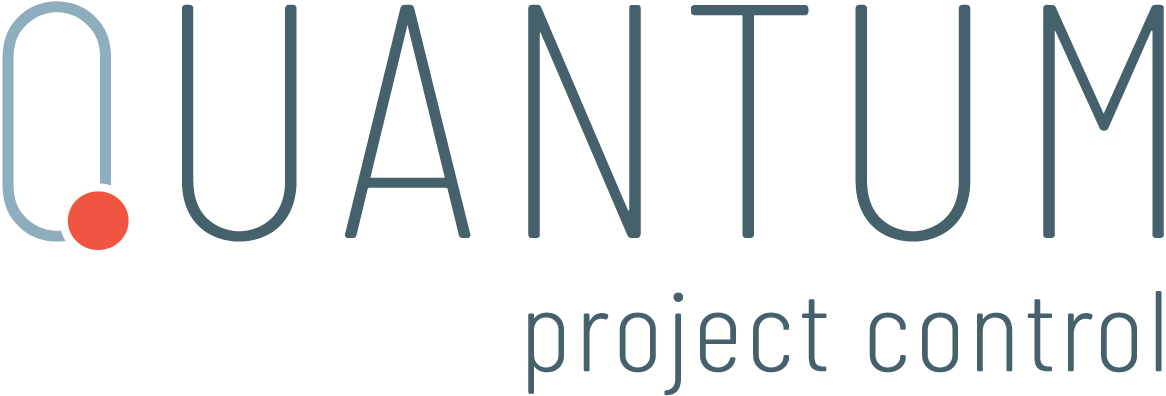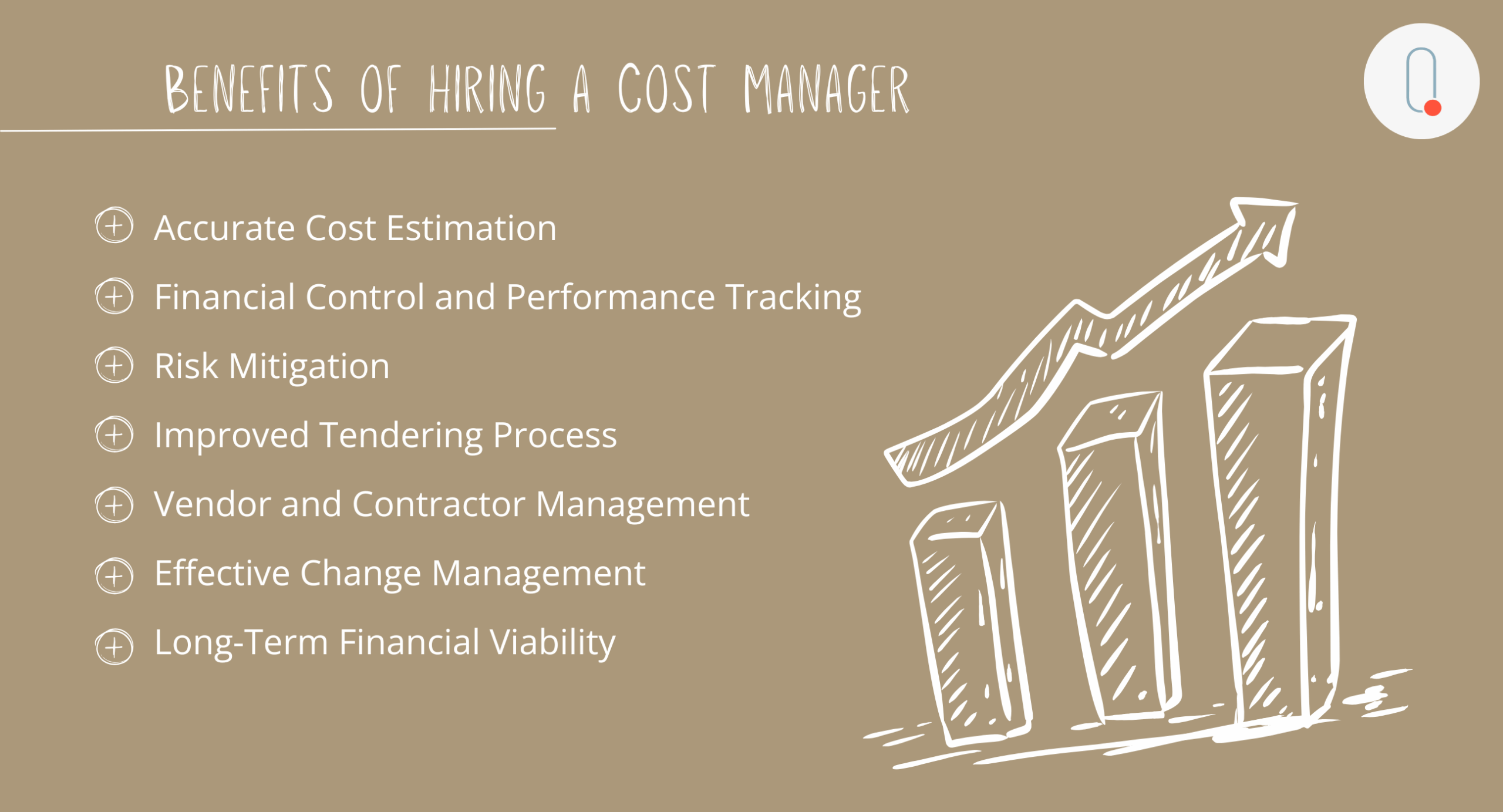Construction projects, regardless of their scale, come with certain complexities that demand meticulous planning, management and execution. Among these, managing costs can be one of the most daunting aspects. This is where cost management (aka commercial management or quantity surveying) services play a pivotal role. Hiring a Cost Manager means gaining an expert ally who ensures that the project’s financial health stays intact from inception to completion. Learn about some of the key benefits of bringing a Cost Manager onboard the project.
1. Accurate Cost Estimation
One of the primary benefits of having a Cost Manager is obtaining a precise, specialised cost estimation right from the very start. Cost Managers excel at analysing and quantifying works and other cost factors required for a project. They leverage industry insights, market data and advanced tools to create realistic budgets that reflect realistic costs of the project. This process minimizes guesswork and ensures a solid financial foundation from the start.
2. Financial Control and Performance Tracking
Cost Managers provide continuous oversight of project finances, ensuring that expenditures remain within budget and aligned with financial goals. They meticulously track spending against planned costs and monitor actual expenditures against the initial budget. By providing real-time financial monitoring and regular reports to stakeholders, Cost Managers enable early identification of discrepancies and timely corrective actions. This dual focus on financial control and performance tracking helps maintain accountability, prevent cost overruns, and ensure the project’s financial viability and discipline throughout its lifecycle.
3. Risk Mitigation
Construction projects are inherently risky, with unexpected costs often lurking around the corner. Cost Managers are able to quantify and price risks, such as price fluctuations, design changes or delays. By incorporating contingency plans and strategies, they minimize the impact of these risks, keeping the project on track and within budget.
4. Improved Tendering Process
The tendering process can be a make-or-break phase for the success of the project. Cost Managers play a significant role in preparing a robust and clear tender material for receiving competitive bids. Their expertise ensures that all tender documentation is accounted for, which enhances credibility and increases the likelihood of a successful procurement process. Moreover, transparent and detailed tender documentation fosters trust with clients and stakeholders, aiding negotiations as the contract progresses towards signature.
Cost Managers have the expertise to review and evaluate bids for their clients. They can assess how realistic each tender is, and help the client select the best value and the best prepared vendor, which in turn can help post contract problems.
5. Vendor and Contractor Management
In the post-contract phase, Cost Managers play a crucial role in managing vendors and contractors to ensure project success. They assist in overseeing contract execution and ensuring that all parties adhere to the agreed terms and financial parameters. Cost Managers monitor certain aspects of contractor performance, manage payments, and handle any financial disputes that arise. Their expertise helps maintain smooth operations, ensuring that work is completed on time and within budget. By providing continuous oversight and addressing issues promptly, Cost Managers help mitigate risks and ensure the project’s financial health throughout its execution.
6. Effective Change Management
Scope changes are nearly inevitable in construction projects, whether due to design revisions, unforeseen site conditions or client requests. Cost Managers handle these changes with precision by quantifying their financial impact and revising budgets accordingly. This proactive approach facilitates smoother negotiations for contract adjustments and minimizes disputes.
7. Long-Term Financial Viability
Beyond the immediate project, a Cost Manager can help ensure that the project remains financially viable in the long run. By considering lifecycle costs, maintenance expenses and operational efficiencies, they help future-proof the investment. This comprehensive approach prevents financial strain and supports sustainable project outcomes.
Why Cost Management Matters?
Cost management services are integral to modern construction projects: not only do they address immediate financial concerns, but they also contribute to the overall success and longevity of the project. Hiring a Cost Manager is an investment in expertise that optimizes resources, reduces risks and ensures transparency throughout the project lifecycle.
A skilled Cost Manager’s role is to build a bridge between technical project requirements and financial realities, aligning the vision of stakeholders with achievable outcomes. Whether you’re planning a residential development, an iconic skyscraper or an infrastructure project, the benefits of cost management extend far beyond the price – they bring clarity, control and confidence to the construction journey.
Embracing robust Cost Management practices, is not just managing finances – it’s paving the way for project success. After all, a well-managed budget is the cornerstone of any construction project and a Cost Manager ensures that cornerstone is as solid as the foundations you’re building on.


